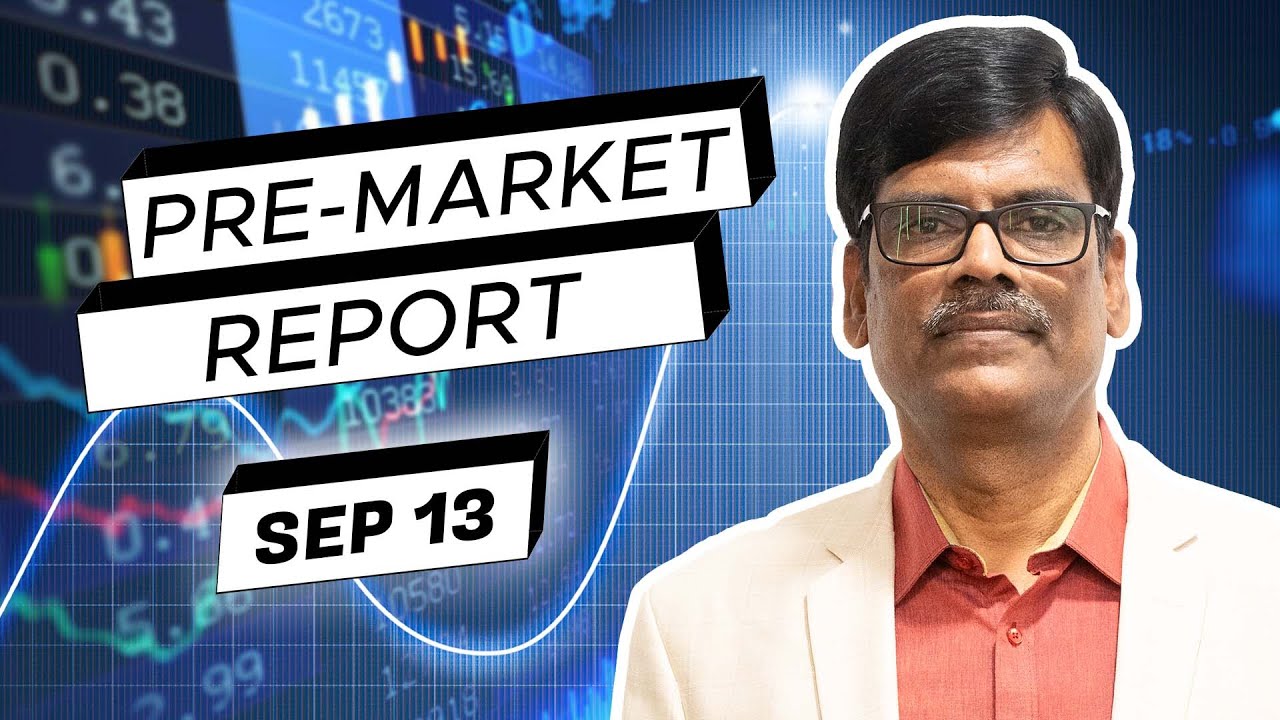Janet Yellen on GDP Report, Bond Yields, China
Summary
TLDRYellen discusses the current economic outlook, arguing the data shows the US is not in recession despite high inflation. She cites strong GDP growth, job creation, and consumer spending as positives but recognizes Americans feel anxious about the economy. Yellen outlines administration policies aimed at boosting inclusive growth through infrastructure, R&D spending, and investments in places left behind. On global issues, she calls for focus on human impacts of Middle East violence and says supply chain 'friend-shoring' can balance security with globalization's benefits. Despite political divides, Yellen expresses confidence policymakers are advancing sound reforms.
Takeaways
- 😊 Yellen sees signs of a potential soft landing for the US economy with solid growth, low unemployment, and declining inflation.
- 📈 She believes there is a path to bring down inflation while maintaining a strong labor market, contrary to past recession predictions.
- 😕 While personal finances seem good, Yellen notes Americans feel more pessimistic about the overall US economy after a tough few years.
- 👷♂️ She highlights new investments and job opportunities aimed at helping communities that have seen decades of economic decline.
- 📉 On rising yields, Yellen sees it reflecting economic resilience and rates staying higher for longer rather than deficit concerns.
- ❤️ On Israel-Hamas, she stresses the human suffering and containing the conflict over economic impact for now.
- 🔒 Yellen affirms no Iranian oil proceeds have been released from frozen accounts for humanitarian needs.
- 🌍 On China relations, she supports competition in some areas but also mutually beneficial trade and working together on shared global issues.
- 🏭 Her 'modern supply-side economics' policy aims to sustainably increase US productive capacity and equitable growth.
- 😊 Despite political divides, Yellen sees competent professionals dedicated to sound policymaking across government.
Q & A
What was the GDP growth rate in Q3 that was discussed?
-The GDP growth rate in Q3 was 4.9%, which was described as a robust pace.
Does Secretary Yellen think the US has avoided a recession?
-Secretary Yellen believes there is now a path to bring down inflation while maintaining a strong labor market, avoiding a recession. She sees signs of a potential soft landing for the economy.
Why does Secretary Yellen think consumer sentiment on the economy is poor despite personal finances being good?
-She believes Americans have faced many difficulties recently with the pandemic, lockdowns, and inflation. Also, many have seen stagnant incomes and lost jobs over decades, so there is pessimism on if that will improve.
What is driving the rise in Treasury yields according to Secretary Yellen?
-She believes higher yields largely reflect resilience in the economy - that growth remains strong suggesting rates will stay high, rather than concerns about the deficit.
How concerned is Secretary Yellen about the level of real net interest costs?
-She says fiscal sustainability is critical. If rates stay high more deficit reduction is needed to keep real net interest costs well below 2% of GDP.
What are the next steps to restrict financing to Hamas?
-Secretary Yellen would not comment on specifics, but said further sanctions are being considered after recently added sanctions, and her team is engaging allies on joint sanctions.
What is the concept of 'friend-shoring' that Secretary Yellen discusses?
-It involves diversifying and reassuring supply chains to reduce over-reliance on certain countries, while still maintaining benefits of global trade with trusted partners.
How does Secretary Yellen describe the economic strategy towards China?
-She outlines an approach of risk diversification in some areas, protecting national security interests, while still promoting healthy competition and mutually beneficial trade.
How does Secretary Yellen's 'modern supply-side economics' differ from past Republican approaches?
-She sees it as investing in areas like infrastructure, R&D, and education to drive equitable growth, rather than tax cuts for the wealthy that have not created broad prosperity.
Does Secretary Yellen think there's still room for apolitical technocrats in policymaking?
-Yes, she believes much progress is still made by competent civil servants and professionals, citing examples like implementation of the Inflation Reduction Act that rely on non-partisan expertise.
Outlines

This section is available to paid users only. Please upgrade to access this part.
Upgrade NowMindmap

This section is available to paid users only. Please upgrade to access this part.
Upgrade NowKeywords

This section is available to paid users only. Please upgrade to access this part.
Upgrade NowHighlights

This section is available to paid users only. Please upgrade to access this part.
Upgrade NowTranscripts

This section is available to paid users only. Please upgrade to access this part.
Upgrade NowBrowse More Related Video

Is the US Heading For a Recession?

Why is the US Economy Outperforming the EU?

Pre Market Report 13-Sep-2024

⚠️ O QUE ESPERAR DO BRASIL EM 2025? | CENÁRIOS NA ECONOMIA E COMO ISSO AFETA SEUS INVESTIMENTOS!

Will markets crash again? | Is US facing a recession? | Impact on Indian economy | Fed’s next steps

TAXA SELIC A 15%: SOLUÇÃO OU DESASTRE PARA O BRASIL?
5.0 / 5 (0 votes)